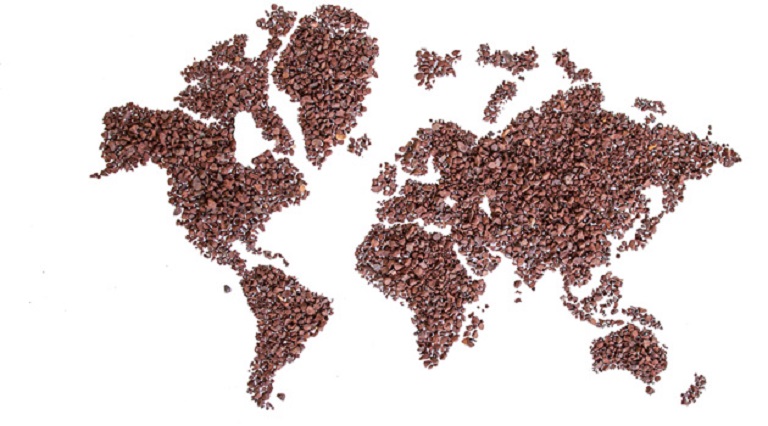One of the objectives of the International Coffee Agreement 2007 is to encourage Members to develop a sustainable coffee sector in economic, social and environmental terms.
Recent research by the International Coffee Organisation (ICO) shows that coffee farmers in selected countries are operating at a loss and that coffee growing is becoming less profitable over time.
Since March 2015 the ICO composite price has been consistently below the 10-year average of 137.24 US cents/lb., raising concerns about the economic viability of coffee production and putting the livelihoods of coffee producers at risk in many countries.
As a result, there is a widespread concern in the coffee sector that a prolonged phase of low coffee prices could negatively affect the supply of high quality coffee beans and could have adverse effects on household incomes in coffee growing communities.
Specific policies need to be formed to address the issue of economic sustainability of coffee production, stabilising supply in the future and enabling farmers to be fairly remunerated.
Mr Robério Oliveira Silva, Executive Director of the International Coffee Organization in his visit to Indonesia to speak at the Sustainable Coffee Event this month stressed on the challenges faced by national and global coffee sector and encouraged private and public sectors to work together to bring sustainability.
“We are at a crucial time in the international coffee sector. We face many challenges at the national and global level, and it is essential that both the public and private sectors work together to ensure a sustainable future for the coffee supply chain.”
The new study assesses the cost structure of coffee production in selected countries (Brazil, Colombia, Costa Rica, and El Salvador), and derives recommendations on how to improve the economic viability of coffee production.
Research by the ICO shows that price volatility in the coffee market and increasing costs of production for farmers’ means that many producers operate at a loss in both the short and long term.
Coffee production is not economically sustainable for many producers, and those who can make a profit struggle to cover the costs of establishment and plant renewal.
Costs of production generally increases consistently over time, whereas international prices vary significantly with no clear upwards or downwards trend, meaning that coffee growing is on average becoming less profitable over time.
This matters because studies showed that the living conditions of millions of coffee farmers are deteriorating.
Reduced profitability over time could result in consolidation of coffee farms and/or disruption to coffee supplies, with farmers choosing to leave the market, or even abandoning their crops, which can pose a phytosanitary threat to neighbouring coffee farms.
Existing data on costs of production is very limited and more data is needed about costs of production at the country level.
It was recommended that more research is needed to find out how to address low profitability of coffee farming.
Meanwhile, Papua New Guinea’s neighbour, Indonesia, also one of the world’s largest coffee producers is working to finalise the National Sustainability Curriculum for Arabica coffee which is aimed to strengthen the Indonesian coffee sector and enhance cooperation between the public and private sectors.


